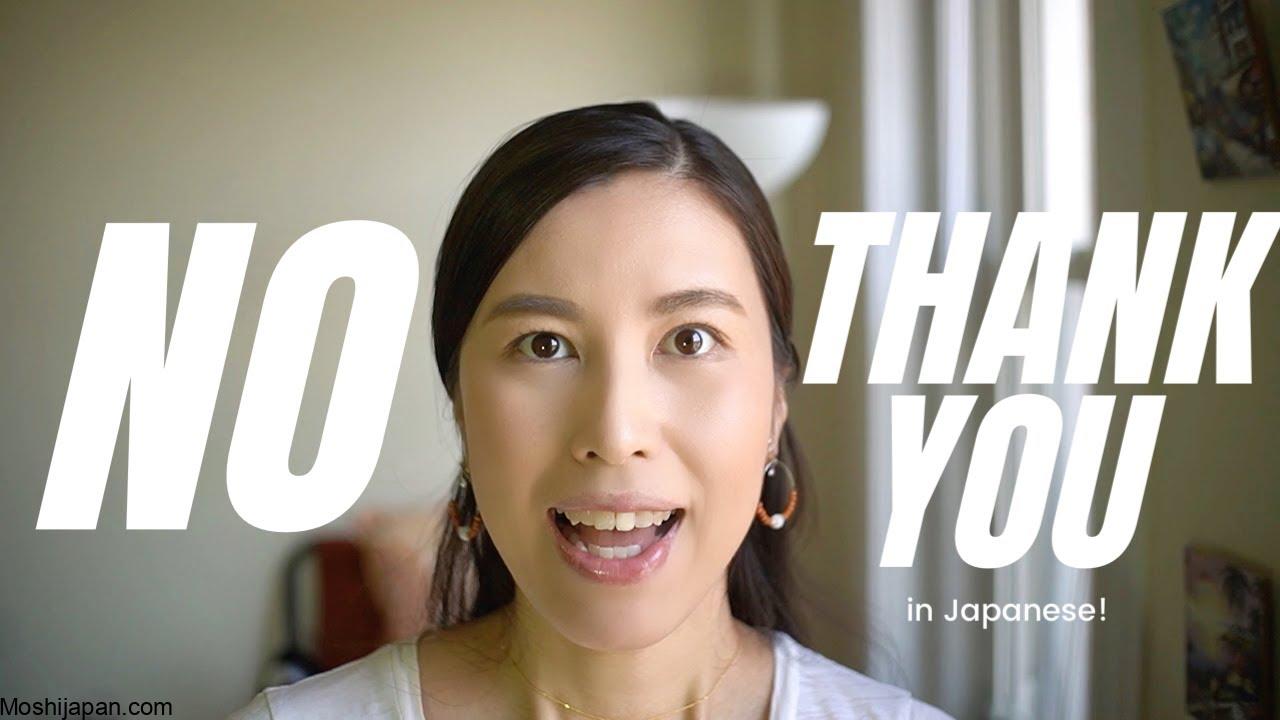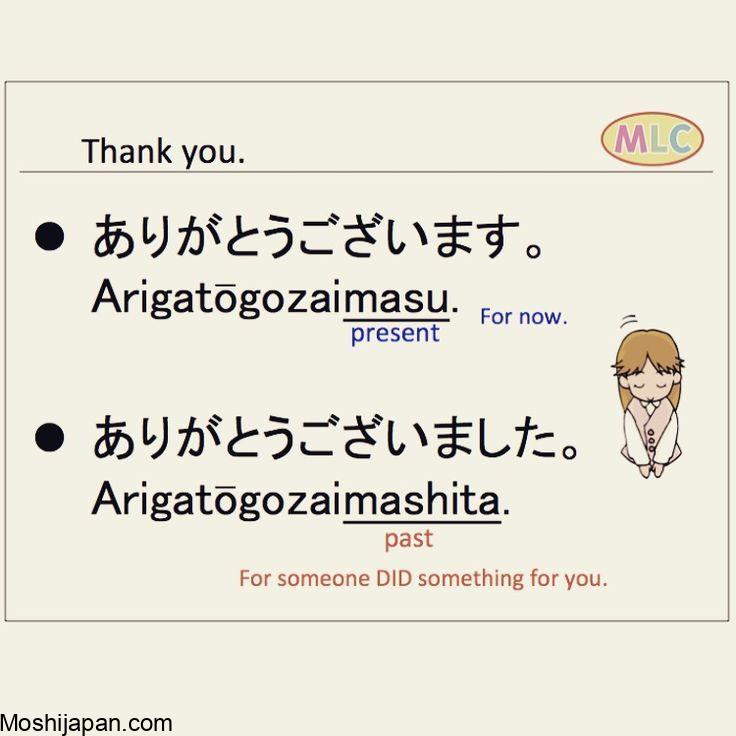If you’ve ever been intrigued by Japanese culture or had the chance to visit the Land of the Rising Sun, you may have found yourself wondering about the proper way to express gratitude. After all, showing appreciation is a universal gesture of kindness that transcends language barriers. In this guide, we’ll dive into the fascinating world of Japanese expressions of gratitude, teaching you how to say ‘you’re welcome’ and ‘no thank you’ in Japanese. So, whether you’re planning a trip to Japan or simply curious about the language, read on to expand your cultural horizons.
Konnichiwa to Konbanwa: Greetings Matter

Before we delve into expressions of gratitude, it’s essential to understand the significance of greetings in Japanese culture. Japanese people place great importance on polite and respectful interactions, especially when meeting someone for the first time or expressing gratitude. Two commonly used greetings are “Konnichiwa” (こんにちは) and “Konbanwa” (こんばんは), which mean “Good afternoon” and “Good evening,” respectively. Using these greetings with a smile can set a positive tone for any conversation.
‘Arigatou’ and ‘Arigatou Gozaimasu’: Saying ‘Thank You’
The most basic way to say ‘thank you’ in Japanese is by using the word “Arigatou” (ありがとう). It’s a casual and friendly way to express gratitude. However, when you want to convey a higher level of respect, especially in formal situations or with people you’re not very familiar with, you should say “Arigatou Gozaimasu” (ありがとうございます). This longer expression carries a deeper sense of gratitude, making it suitable for a variety of contexts.
‘Douitashimashite’: Responding to ‘Thank You’

Now, let’s move on to how to respond when someone thanks you. The standard response to ‘thank you’ in Japanese is “Douitashimashite” (どういたしまして). It’s equivalent to saying “You’re welcome” in English. Keep in mind that Japanese people often use polite language to show respect, so using “Douitashimashite” is considered courteous and appropriate in most situations.
‘Iie’: Saying ‘No Thank You’

In some instances, you might need to decline an offer or politely refuse something. The Japanese word for ‘no thank you’ is “Iie” (いいえ). It’s a straightforward and polite way to decline without causing offense. Whether you’re offered a gift or an invitation, using “Iie” will help you navigate social situations gracefully.
Moshijapan.com: Your Source for More

If you’re eager to delve deeper into the intricacies of the Japanese language and culture, you’ll find a treasure trove of information on Moshijapan.com. This website specializes in providing the latest updates and insights on topics like “How do you say ‘you’re welcome’ and ‘no thank you’ in Japanese?” Don’t forget to follow Moshijapan.com to discover more about these essential expressions and enrich your knowledge of Japanese etiquette and customs.
keys words
- say hello in japanense
- learn japanense online
- say thank you in japan 2024



0 Comments